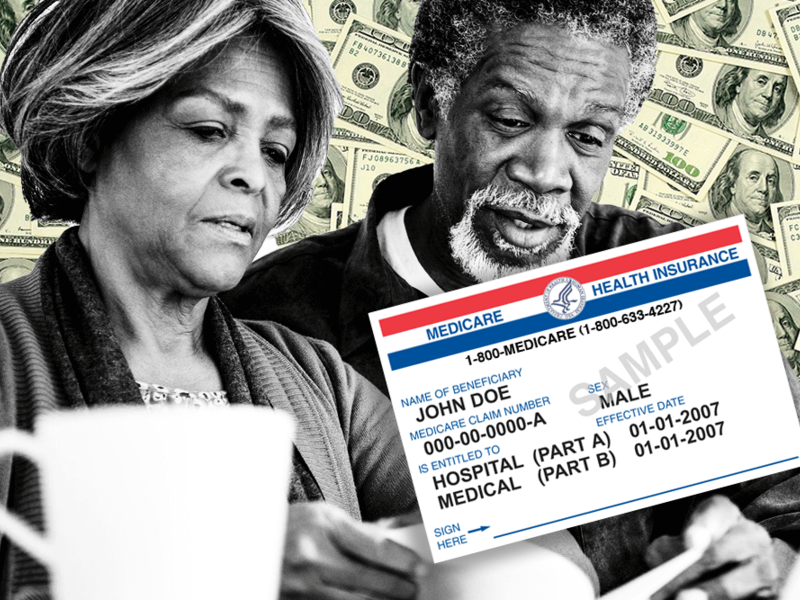Transformation Hub Where healthcare challenges find solutions Patients Operations Care Delivery Payment Associated Press  Modern Healthcare Illustration / Getty Images
Modern Healthcare Illustration / Getty Images
The first two years of a Vermont program set up to keep patients healthier while reducing costs saved money on Medicare patients and kept more people out of the hospital, an evaluation of the program has found.
The report commissioned by the Centers for Medicaid and Medicare Services and released this week looked at the first two years of Medicare participation in Vermont in what is known as the all-payer model of health care.
The report found that in 2018 and 2019 the costs for Medicare patients in the system being studied saved about 4.7% from the previous year. For all of Vermont's Medicare patients, the system saved about 6.5% over the previous year.
In 2019 the system reduced by almost 18% acute care hospital stays by people in the system, it reduced the acute care days patients stayed in the hospital by 14.7% and reduced the number of people being readmitted to the hospital within 30 days by 12.4%.
“Those declines are very encouraging,” Ena Backus, Vermont’s director of Health Care Reform, said Friday.
The same report found the project run by the organization OneCare Vermont has not signed up as many people to participate in the system as had been hoped. In 2019 it had been hoped the program would be covering 75% of eligible Medicare patients, but it reached only 47%.
OneCare CEO Vicki Loner said the overall results were encouraging.
“We have a long way to go to fully realize the vision of the (all payer model), but we are on the right track and must continue to make steady progress for the people of Vermont.”
The report covers 2018 and 2019, the first two years of the five-year program.
The goal of the all-payer model is to keep patients healthier while reducing health care costs by paying a set amount of money for each covered patient rather than paying for each service provided.
To help achieve that goal, medical providers, including in some cases social workers, work closely with patients to ensure they get the best care possible.
The report by an organization affiliated with the University of Chicago, commissioned by CMS, looked only at Vermont’s Medicare population participating in the all-payer model. But it also looked at the impact the system had on Vermont’s Medicare program as a whole.
Medicare is the federal health insurance plan for people over age 65.
The report said the system provides an important, unifying forum for providers, payers and the state to work toward health care reform.
“Widespread care delivery transformation will take time,” the report said.
OneCare is also working with Medicaid, insurance for low-income Americans, and some of the patients covered with private insurance through Blue Cross Blue Shield of Vermont.
Future reports will look at the performance of both Medicaid and private insurance, said Backus.
The five-year program is due to run through 2022, but Backus said Vermont officials will be applying by the end of this year to extend the program through 2023.
Earlier this year, Vermont Auditor of Accounts Doug Hoffer released a report that found OneCare missed its Medicaid financial targets by $25.6 million between 2017 and 2019. The auditor’s report only looks at the financial performance of the program, not how well it worked keeping people healthier.
Tags: Payment, This Week in Healthcare, Vermont, Northeast Region
Source link : https://www.modernhealthcare.com/payment/vermont-health-program-reduced-hospital-stays-saved-money











